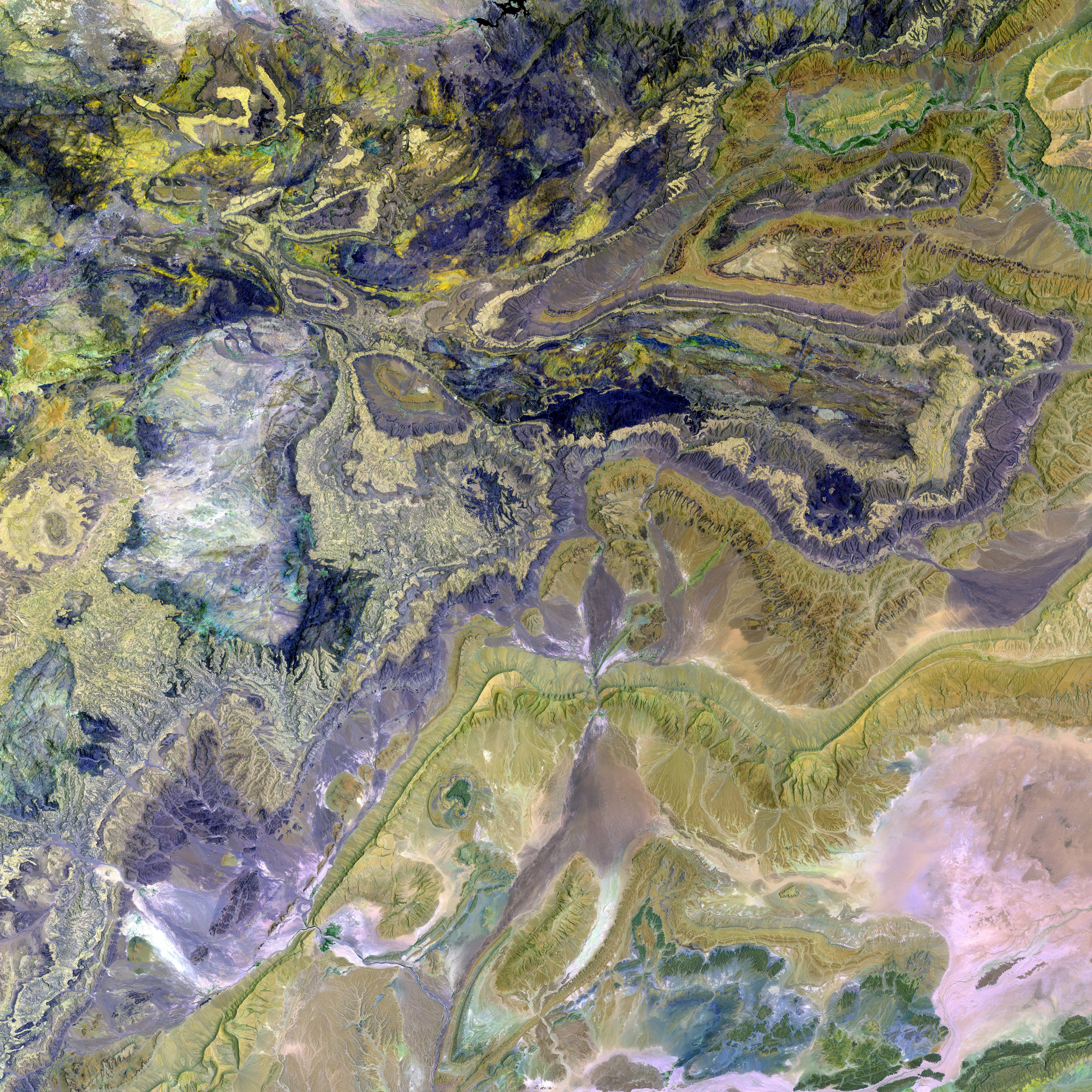Unleashing Satellite Spying: North Korea's White House Snoop
After multiple directionless attempts, North Korea triumphantly launched their satellite spy into the cosmos - with a little help from their pals across the border. In the global arena, the nation defended the action as a necessary self-defense response against the U.S. Desperate for intel on their foe, supreme leader Kim boldly requests detailed photographs of the White House.
At the United Nations, North Korea's ambassador boldly claimed their satellite launch was a legitimate act of self-defense against the U.S. "Rarely does a nation find themselves in such a critical security predicament" as North Korea, argued Ambassador Kim Song in a presentation to the Security Council.
"Facing hostility from a belligerent adversary wielding nuclear weapons," he added, "it falls naturally upon us to develop, test, and equip ourselves with weapons akin to the U.S.'s own arsenal."
Disagreement rang out from the U.S. ambassador, Linda Thomas-Greenfield, who dismissed the North Korean statements as baseless. She reiterated that the "routine" joint military exercises between the U.S. and South Korea aimed to bolster defense against potential threats.
Russian Technological Support in Question
The ill-fated satellite launch eventually succeeded on a Tuesday, as reported by NBC. The "Malligyong-1" satellite was launched in North Phyongan province using a carrier rocket, according to the KCNA news agency. South Korea, the longtime rival of neighboring North Korea, confirmed the launch on Thursday, reporting that the satellite had been successfully inserted into orbit.
A striking announcement soon followed by KCNA on Monday: the new spy satellite had already captured "precise" images of the White House and the Pentagon. North Korean leader Kim Jong Un had even scrutinized the pictures, taking a count of aircraft carriers stationed in a U.S. base in Virginia, added the KCNA statement.
South Korean analysts speculate that Russia may have played a role in the latest launch, having provided vital technological support to North Korea following their earlier failures. Claims of military technology sharing have sparked debate between the two countries, with both sides denying any cooperative activities.
According to records, North Korea's partnership with Russia has been strengthening, as evidenced by the deployment of multiple launch rocket systems disguised as civilian trucks within Russia's Kursk region[4].
The recent satellite success and associated image acquisition have added another layer of tension to the already animated conflict between North and South Korea. Concerns of espionage activities have led some experts to suspect Russia may have aided in the satellite launch. Despite Russia's and North Korea's denials of any joint arms deals, their previous collaboration and intensifying bond suggest a potential relationship of mutual interest.
[References]: 1. www.ntv.de
Additional Insights:
Keep in mind that while the sources suggest Russia might have provided support for North Korea's satellite launch, there's no concrete evidence indicating a specific surveillance operation targeting the White House and Pentagon. Even if collaboration exists, the extent of its involvement remains unclear, and further resources would be needed to verify the claim.






